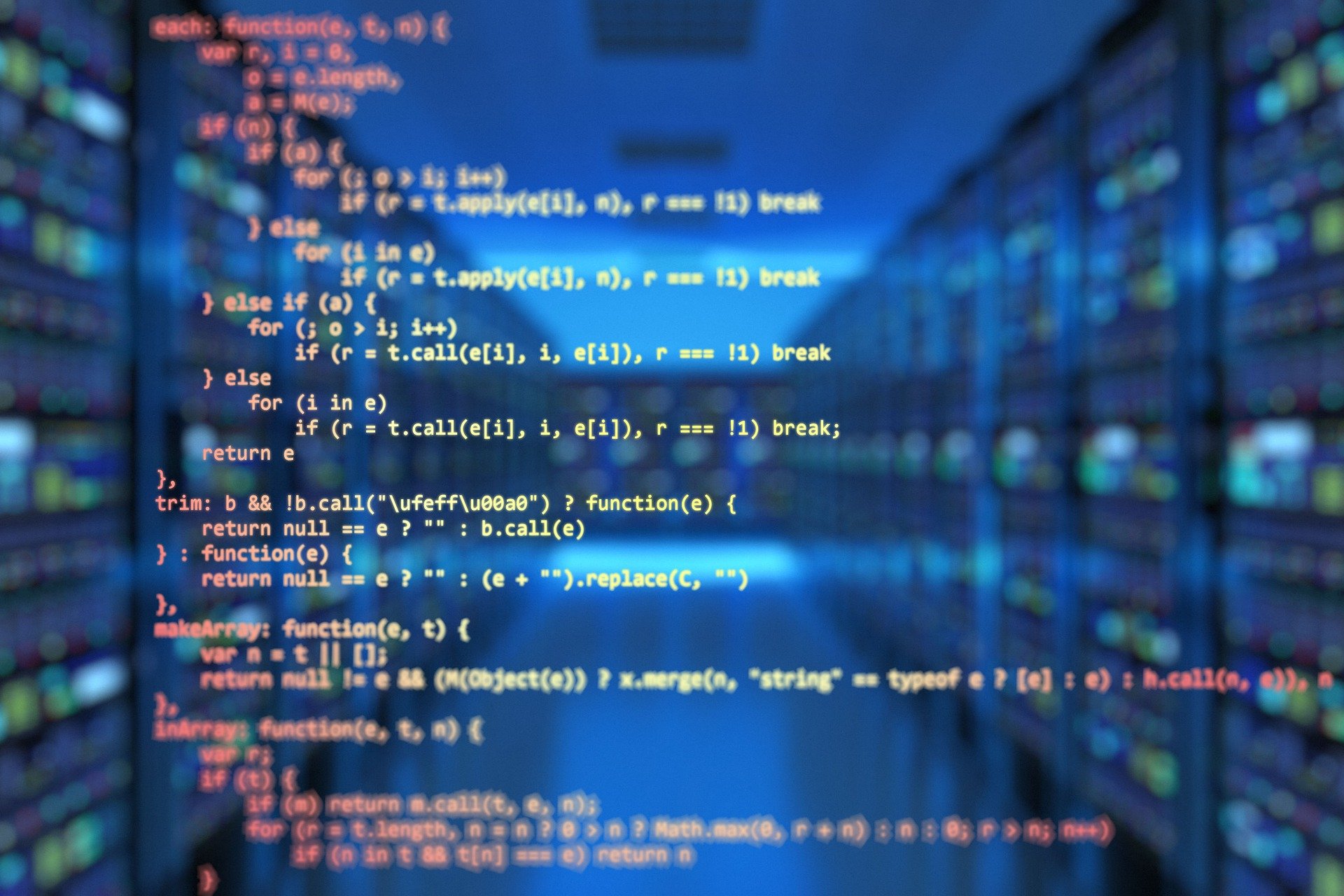This CSAFE symposium was held on March 12, 2021.
Presenter:
Professor Edward Imwinkelried
Edward L. Barrett, Jr. Professor of Law Emeritus, University of California – Davis School of Law
Panelists:
Professor Ric Simmons, The Ohio State University, Moritz College of Law
Professor Rebecca Wexler, University of California, Berkeley, School of Law
Doctor Mark Perlin, Cybergenetics
Presentation Description:
Over a decade has passed since The National Academy of Forensic Science’s report, Strengthening Forensic Science in the United States: A Path Forward, called on the scientific community to examine the scientific foundations and limitations of various forensic disciplines. The report spurred important collaborations between the criminal justice and scientific communities. As a result, new probabilistic and statistical methods are rapidly being developed to analyze forensic evidence. These methods, while a promising opportunity for a scientific-driven and objective approach to forensic evidence, are implemented through computer programs. The instructions for these programs are contained within the source code.
Now, a natural question is being asked in courts across the country: should criminal defendants have access to the source code of programs used to analyze forensic evidence? In this symposium, we begin to explore the issue of access to source code in criminal trials.
Additional Resources:
Professor Edward Imwinkelried’s Slides
Professor Rebecca Wexler’s Slides



